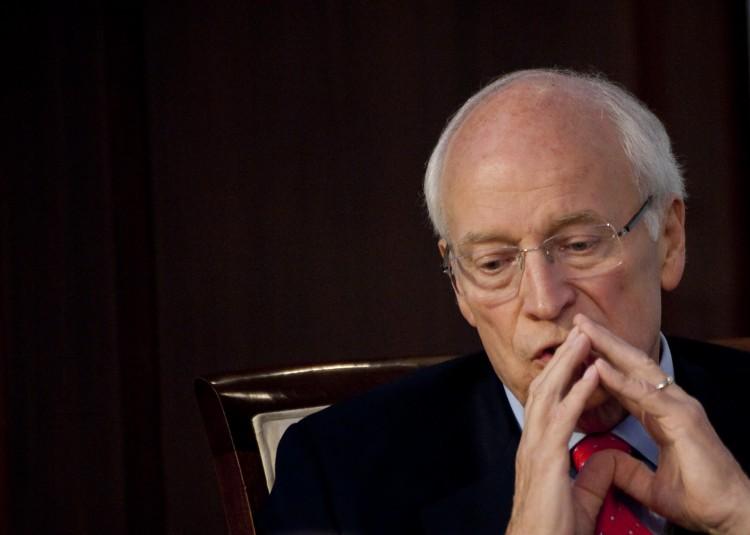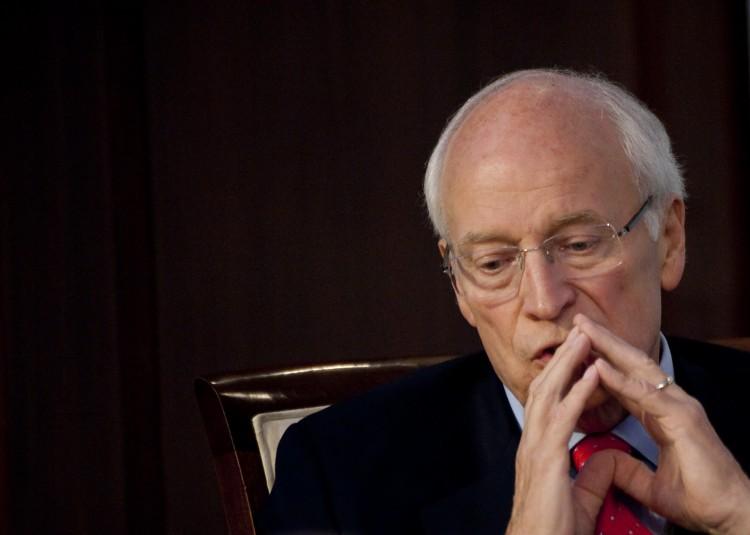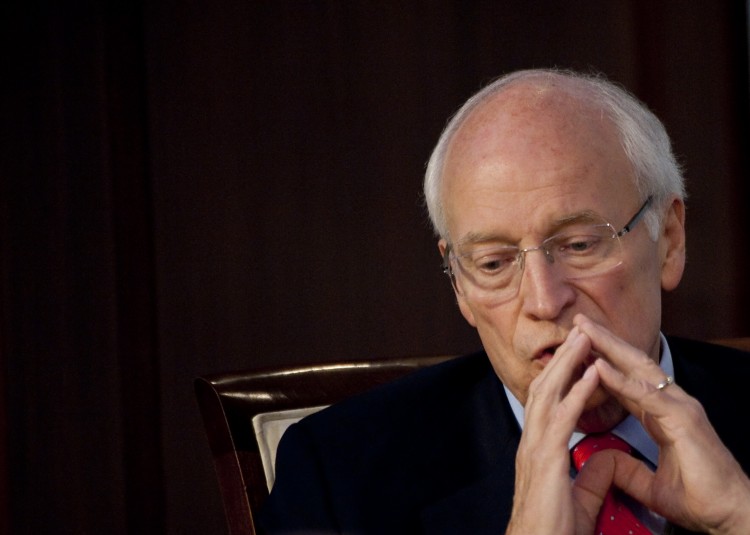Cheney eyed Iraq oil before the war began, according to an article written by George W. Bush’s former speech writer.
Cheney Eyed Iraq Oil, Says Bush Speech Writer
Cheney eyed Iraq oil before the war began, according to an article written by George W. Bush’s former speech writer.

A file photo of former US Vice President Dick Cheney participating in a discussion on the 9/11 attacks at the American Enterprise Institute in Washington, D.C., on Sept. 9, 2011. Saul Loeb/AFP/Getty Images
|Updated:






